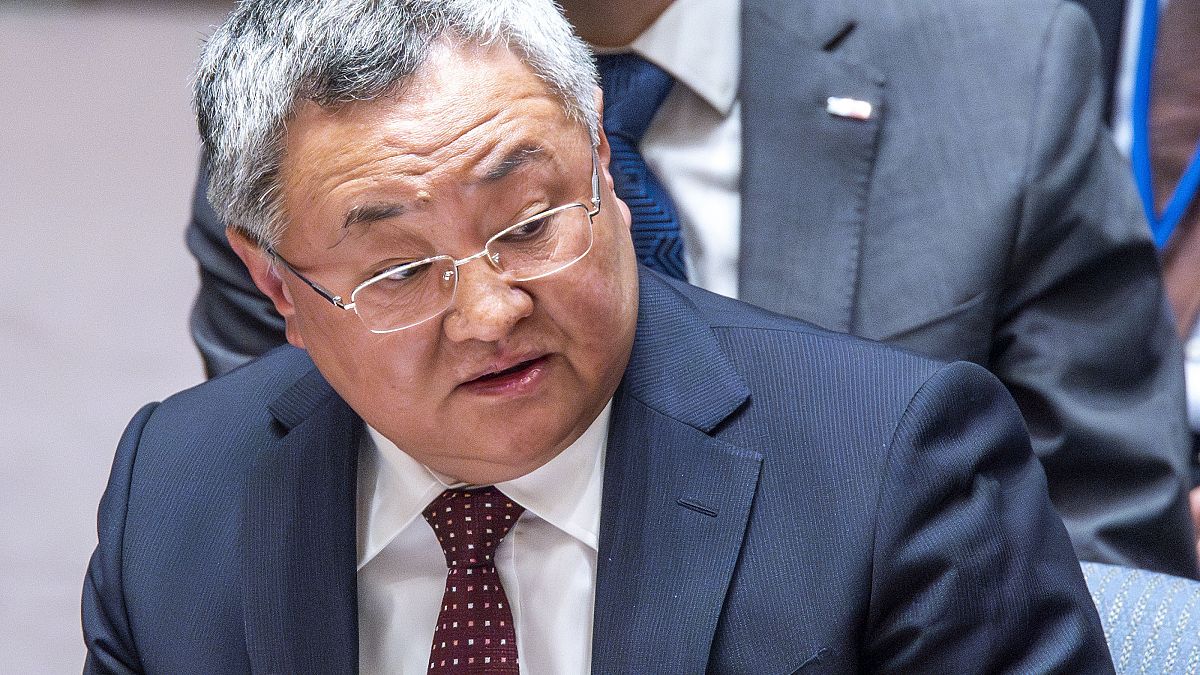The United Nations General Assembly recently adopted a resolution sponsored by China with support from the US to address the growing artificial intelligence (AI) gap between wealthy and developing countries. The resolution encourages affluent nations to help bridge this gap by providing a fair and inclusive environment for AI development, as well as promoting international cooperation in sharing knowledge and technology with those in need. This is the second UN resolution to tackle this issue, with a previous resolution sponsored by the US focusing on data protection, human rights, and monitoring potential risks associated with AI.
The resolution sponsored by China and supported by the US emphasizes the need for a global effort to ensure that AI remains safe, secure, and trustworthy for all nations to benefit from. China’s UN Ambassador Fu Cong highlighted the importance of the United Nations in AI governance, stating that it is the most representative and inclusive international forum for addressing these issues. Both the US and China have expressed their willingness to cooperate with other countries to tackle the challenges and implications of AI development on a global scale.
The adoption of these resolutions marks a significant step towards addressing the widening AI gap between rich and poor countries, emphasizing the importance of collaboration and cooperation in ensuring that AI technologies are used responsibly and for the benefit of all nations. By creating a supportive and non-discriminatory business environment for AI development, countries can work together to bridge the gap and ensure that AI technologies are developed in line with human rights and ethical standards.
These resolutions reflect a consensus among UN member states on the need for collective action in governing AI technologies, highlighting the role of international cooperation in addressing the challenges and opportunities presented by AI development. By working together to share knowledge and technology, countries can ensure that the benefits of AI are accessible to all, while also mitigating potential risks and ensuring the protection of personal data and human rights. The adoption of these resolutions underscores the commitment of UN member states to address the AI gap and promote responsible AI development on a global scale.
The support of both China and the US for these resolutions demonstrates a willingness to collaborate on AI governance and development, recognizing the importance of working together to address the challenges and implications of AI technologies. By endorsing these resolutions, countries are committing to creating a fair and inclusive environment for AI development, ensuring that all nations have access to the benefits of AI while also upholding human rights and ethical standards. This global effort to bridge the AI gap between rich and poor countries highlights the transformative potential of AI technologies and the importance of ensuring their responsible and ethical use on a global scale.
Overall, the adoption of these resolutions at the United Nations General Assembly signals a step forward in addressing the challenges and opportunities presented by AI development, emphasizing the need for international cooperation and collaboration in ensuring that AI technologies are developed responsibly and for the benefit of all nations. By working together to bridge the AI gap between rich and poor countries, countries can harness the transformative potential of AI while also upholding human rights and ethical standards, thus paving the way for a more inclusive and equitable future for AI development on a global scale.










